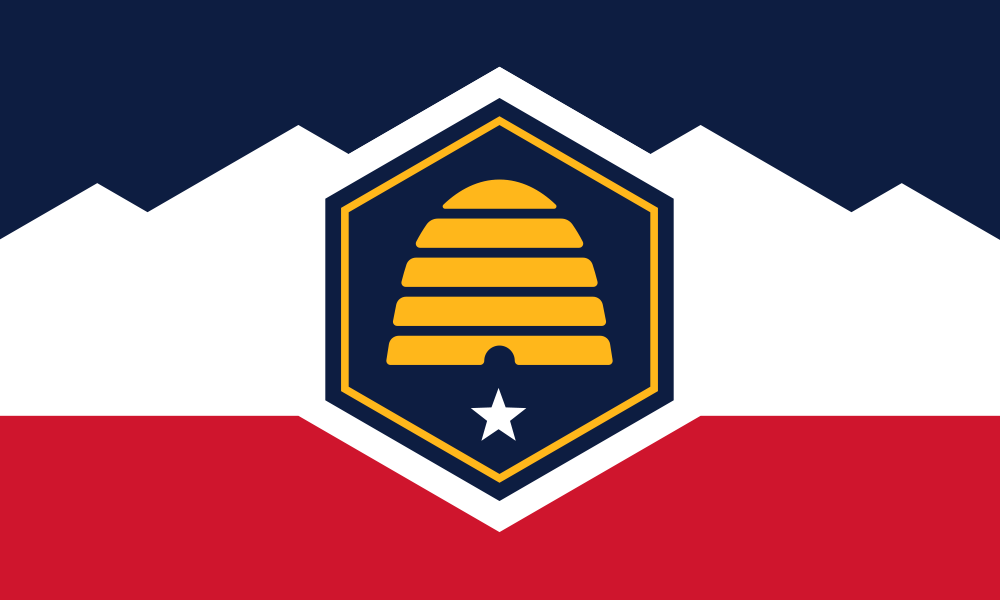Utah Amendment 8, Tax Coal and Hydro-carbon Mines Like Metal Mines Measure (1912)
| Utah Amendment 8 | |
|---|---|
| Election date |
|
| Topic Fossil fuel energy and Mineral resources |
|
| Status |
|
| Type Legislatively referred constitutional amendment |
Origin |
Utah Amendment 8 was on the ballot as a legislatively referred constitutional amendment in Utah on November 5, 1912. It was defeated.
A "yes" vote supported amending the constitution to tax coal, hydrocarbons, and stone deposit mines using the same method as metal mines. |
A "no" vote opposed amending the constitution to tax coal, hydrocarbons, and stone deposit mines using the same method as metal mines. |
Election results
|
Utah Amendment 8 |
||||
|---|---|---|---|---|
| Result | Votes | Percentage | ||
| Yes | 8,919 | 27.56% | ||
| 23,440 | 72.44% | |||
-
- Results are officially certified.
- Source
Text of measure
Ballot title
The ballot title for Amendment 8 was as follows:
| “ | A proposed amendment to Section 4, of Article 13, of the Constitution of the State of Utah, relating to the Taxation of Mines. | ” |
Full Text
The full text of this measure is available here.
Path to the ballot
- See also: Amending the Utah Constitution
A two-thirds vote in both the legislative chambers is required during one legislative session for the Utah State Legislature to place a constitutional amendment on the ballot. That amounts to a minimum of 50 votes in the Utah House of Representatives and 20 votes in the Utah State Senate, assuming no vacancies. Amendments do not require the governor's signature to be referred to the ballot.
See also
Footnotes
State of Utah Salt Lake City (capital) | |
|---|---|
| Elections |
What's on my ballot? | Elections in 2026 | How to vote | How to run for office | Ballot measures |
| Government |
Who represents me? | U.S. President | U.S. Congress | Federal courts | State executives | State legislature | State and local courts | Counties | Cities | School districts | Public policy |



